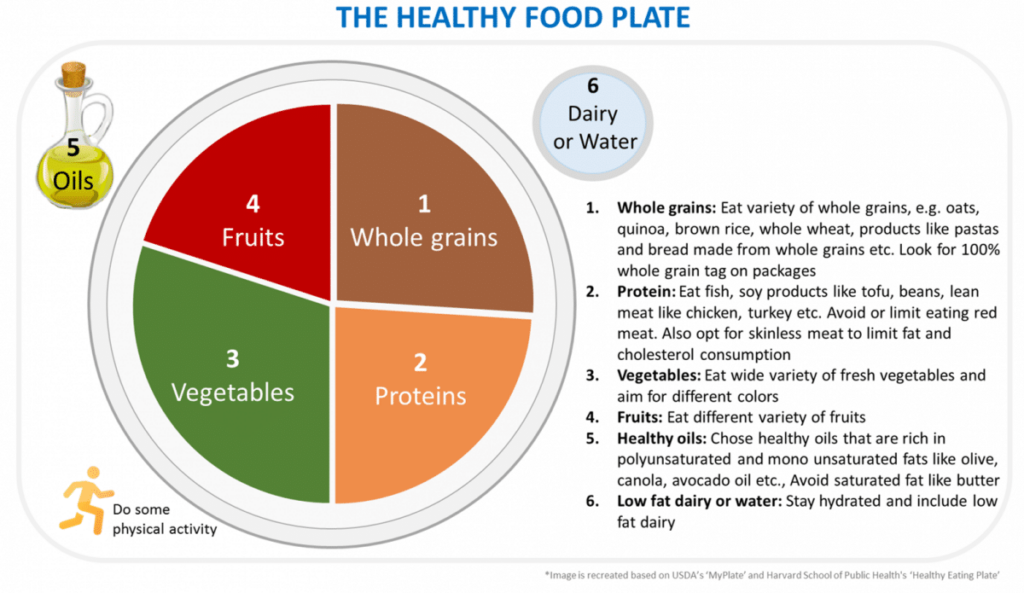Nutrition
Nutritionists use ideas from molecular biology, biochemistry, and genetics to understand how nutrients affect the human body. Nutrition also focuses on how people can use dietary choices to reduce the risk of disease, what happens if a person has too much or too little of a nutrient, and how allergies work. Nutrients provide nourishment. Proteins, carbohydrates, fat, vitamins, minerals, fiber, and water are all nutrients. If people do not have the right balance of nutrients in their diet, their risk of developing certain health conditions increases. This article will explain the different nutrients a person needs and why. It will also look at the role of the dietitian and the nutritionist.

Macronutrients
Macronutrients are nutrients that people need in relatively large quantities.
Carbohydrates
Sugar, starch, and fiber are types of carbohydrates.
Sugars are simple carbs. The body quickly breaks down and absorbs sugars and processed starch. They can provide rapid energy, but they do not leave a person feeling full. They can also cause a spike in blood sugar levels. Frequent sugar spikes increase the risk of type 2 diabetes and its complications.
Fiber is also a carbohydrate. The body breaks down some types of fiber and uses them for energ; others are metabolized by gut bacteria, while other types pass through the body. Fiber and unprocessed starch are complex carbs. It takes the body some time to break down and absorb complex carbs. After eating fiber, a person will feel full for longer. Fiber may also reduce the risk of diabetes, cardiovascular disease, and colorectal cancer. Complex carbs are a more healthful choice than sugars and refined carbs.